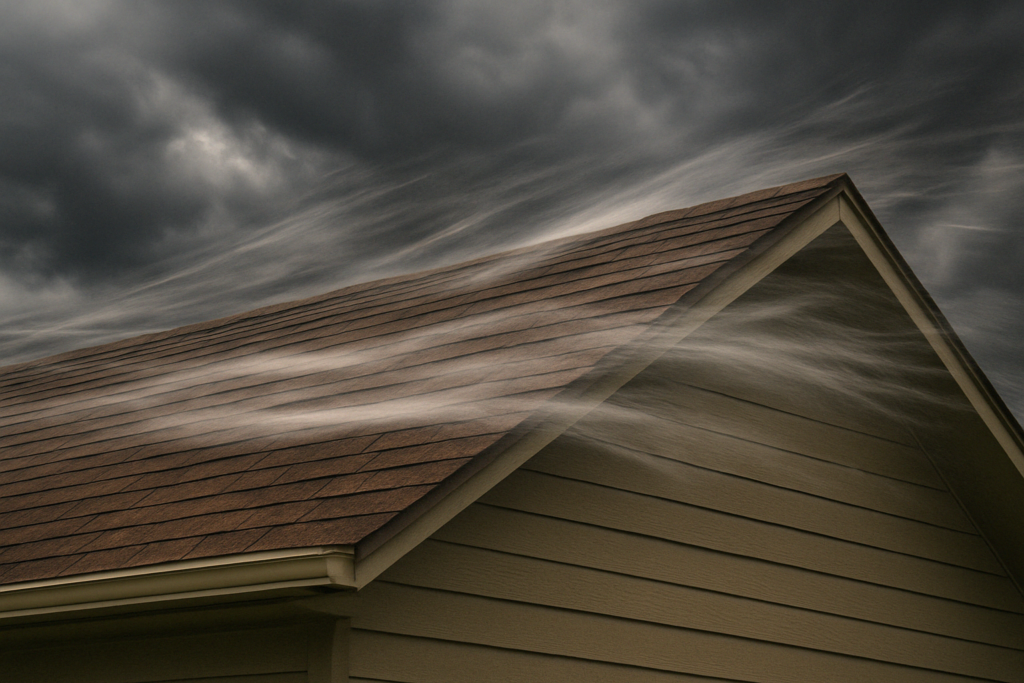Tennessee Homeowners: Know Your Rights When an Engineer Is Sent to Inspect Your Claim
If you’ve filed a property damage claim and your insurance company suddenly says they’re “bringing in an engineer,” it’s natural to feel uneasy. Many policyholders assume it means their claim is being taken seriously — but too often, it signals the insurer is looking for a reason not to pay.
At The Insurance Law Firm, we’ve seen this play out time and time again: engineers are brought in not for neutrality, but to help the insurance company justify a denial or reduction of your claim. That doesn’t mean you’re out of options — but it does mean you need to be prepared.
🛠️ Why Insurance Companies Use Engineers
There are legitimate reasons why an engineer might be needed, such as:
- Structural concerns following a collapse or shifting foundation
- Determining the origin and cause of water intrusion
- Evaluating whether roof damage was caused by wind or age
- Assessing whether damage is “sudden and accidental” versus “wear and tear”
But here’s the problem: many engineers used by insurance companies are hired repeatedly and regularly, creating a financial relationship that can affect their objectivity. In some cases, they downplay damage, blame maintenance, or rule out covered causes — all of which benefit the insurer.
🚩 Red Flags to Watch For
If your insurer has sent (or plans to send) an engineer to evaluate your claim, keep an eye out for these warning signs:
- You’re not allowed to be present during the inspection
- The engineer is selected solely by the insurance company
- The engineer spends minimal time inspecting but delivers a lengthy report
- The report contains boilerplate language or contradicts what your contractor found
- The insurer delays sending the engineer’s report or refuses to share it
These may signal that the insurer is building a case to deny or underpay your claim — not seeking the truth.
✅ What to Do When an Engineer Is Involved
Here are six key steps to protect your claim and ensure the process is fair:
1. Ask for the Engineer’s Name and Credentials
You have the right to know who is inspecting your property. Research their history. Have they been used repeatedly by your insurer?
2. Get a Copy of the Engineer’s Report
Don’t rely on the insurance adjuster’s summary. Request the full report in writing and review it carefully.
3. Have Your Own Expert Present
If possible, have a licensed contractor, roofer, or public adjuster present during the inspection. This ensures someone on your side witnesses the process.
4. Compare the Report to Independent Estimates
If your contractor or roofer has a different opinion, get it in writing. These comparisons can be powerful tools if you dispute the claim.
5. Watch for Biased Language
Be on alert for phrases like “no storm-related damage observed” or “damage due to age and deterioration.” These are often used to justify non-payment.
6. Consult an Insurance Attorney
If you suspect the engineer’s report is unfair or the insurer is using it to delay or deny your claim, talk to an attorney experienced in insurance disputes. You may have a valid breach of contract claim — and possibly grounds to pursue bad faith.
⚖️ Tennessee Law Protects You Against Biased or Unfair Claims Practices
In Tennessee, insurance companies must investigate claims fairly and in good faith. If they rely on incomplete or biased reports to deny valid damage, they may be held legally accountable. This includes:
- Failing to properly investigate the cause of damage
- Unreasonably relying on expert reports to delay or deny claims
- Denying coverage based on misapplied policy language
🏠 Final Thought: You Don’t Have to Accept Their Engineer’s Word as Final
Just because an insurance company hired an engineer doesn’t mean they’re right — or that you’re stuck. You have every right to challenge the findings, provide your own evidence, and take legal action if needed.
At The Insurance Law Firm, we help Tennessee homeowners level the playing field when insurers try to tilt it in their favor. If you’re facing an unfair engineering report or your claim has been denied based on one, call us today for a free consultation.




